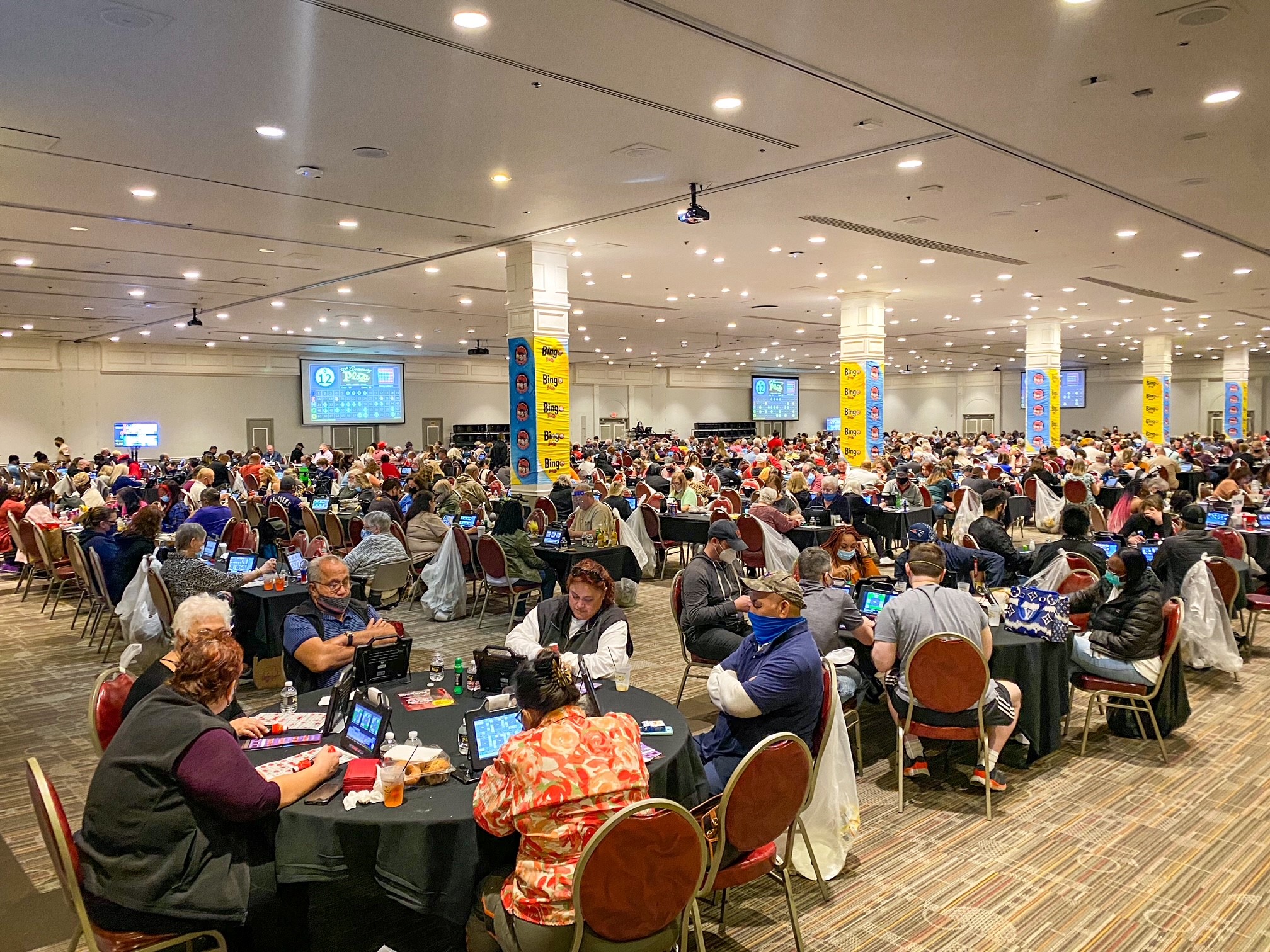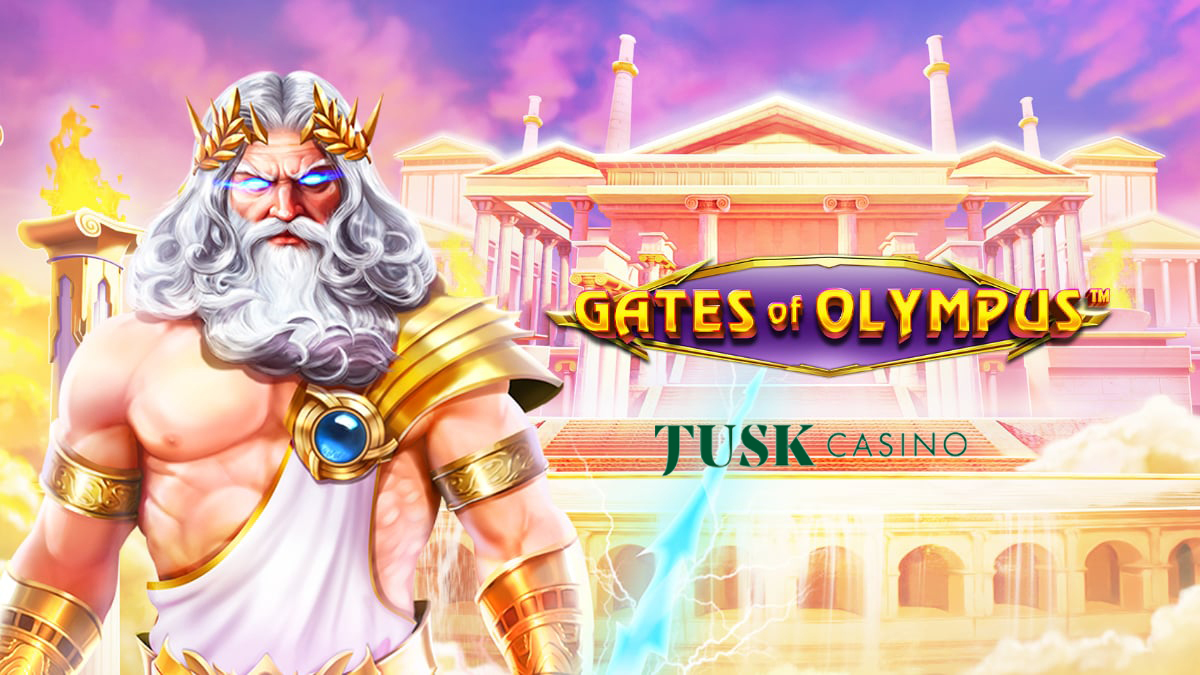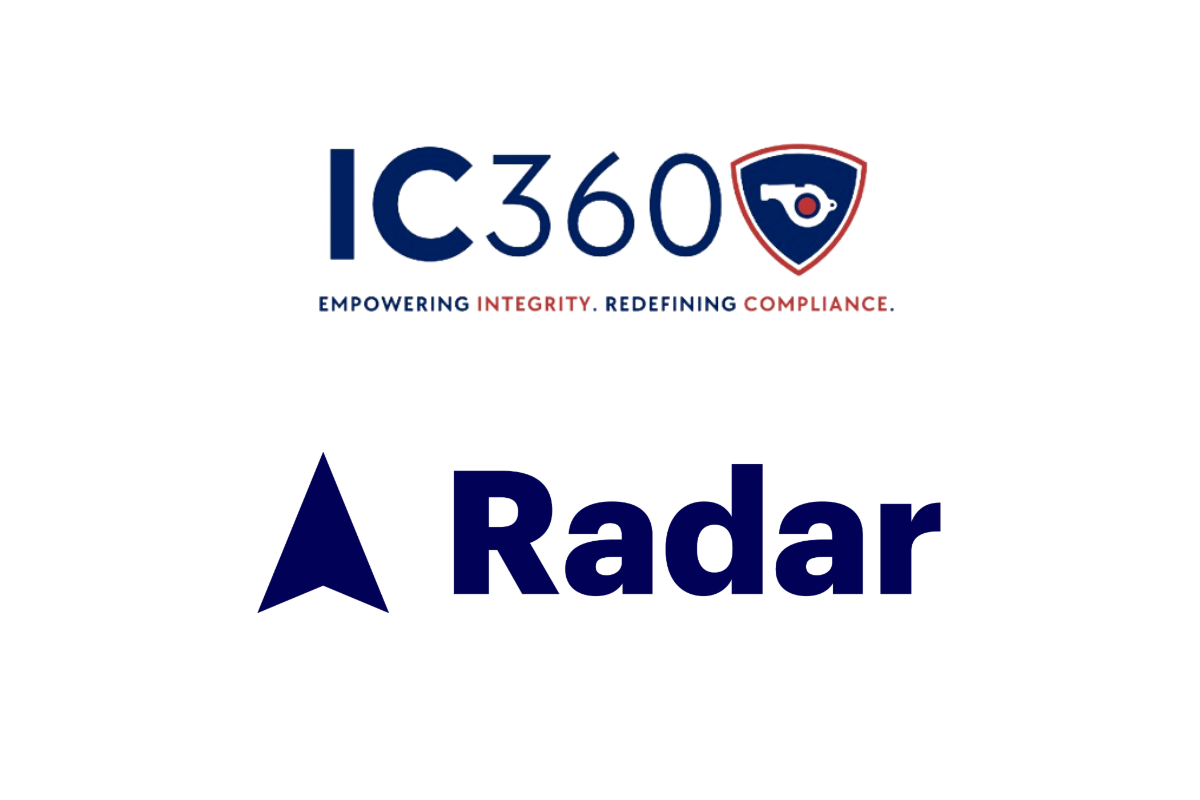
CAPCOM’S STREET FIGHTERTM 6 GOING TO COLLEGE THIS FALL
- CSMG will create and operate College Street FighterTM Tour in North America for the 2024-25 academic year
- College conference Street Fighter 6 champions will punch their ticket to the national Collegiate Esports Commissioner’s Cup (CECC) & May Madness in 2025
Collegiate Sports Management Group (CSMG) announced today during the kick-off of its Collegiate Esports Commissioner’s Cup (CECC) Texas presented by McDonald’s that it has joined forces with Capcom to launch the College Street FighterTM Tour during its 2024-25 academic year with the finalists competing at CECC Texas in 2025 throughout its May Madness event. Street FighterTM 6 will join Super Smash Bros. Ultimate, Overwatch 2®, Rocket League, and VALORANT as part of the official game titles for CECC.
“We are immensely excited to welcome Capcom into the CECC family and provide a path to glory for student athletes to showcase their skills in Street Fighter 6,” said Michael Schreck, Chief Executive Officer for CSMG. “In our fourth year of building May Madness, we continue to listen to our players, coaches and fans on how to make our event more inclusive, and the partnership with Street Fighter 6 is a resounding success.”
“The Street Fighter franchise is a multi-generational and global game series, so it’s important for us to continue to grow that fandom at the collegiate level,” said Michael Larson, Head of Esports at Capcom USA. “CECC continues to set the standard for competition and community, so it’s a natural format for expansion, and we’re eager for College Street Fighter Tour competitors across North America to show off their skills and join us in Texas next year.”
”The vision for the College Street Fighter Tour is a publisher backed esports series that integrates into the existing infrastructure of The Collegiate Esports Commissioners Cup, a bracket style event series that takes place every year and has been coined May Madness. The path to championship includes invitational bids to national and regional level conferences as well as official CECC qualifiers held regionally,” said Angela Bernhard Thomas, Chief Esports Officer for CSMG’s ESPORTSU.
Every college or university from a 2-year or 4-year institution can participate through their conference or through select qualifiers. Wim Stocks will serve as the Commissioner of the College Street Fighter Tour and bring his 20 years of experience in college esports to create a dynamic and engaging format of competitive gaming.
“Since the launch of Street Fighter 6 in June of ’23, it is clear the rich legacy of Street Fighter is stronger than ever and helping lift the fighting game community to still greater heights,” said Stocks. “Having a structure now for a national collegiate competitive series, league, and events, Capcom and ESPORTSU are building a phenomenal ecosystem and mechanism for developing up and coming Street Fighter 6 competitors.”
More details on the College Street Fighter Tour will be shared later this year.
CSMG welcomes 84 teams (up from 64 in 2023) this weekend from a record breaking 19 conference champions to the largest scholastic esports festival globally. They will compete at Esports Stadium Arlington on May 3-5 for the chance to hoist one of the coveted trophies. Fans can watch the CECC Texas on ESPORTSU’s Twitch channel at https://www.twitch.tv/esportsu.
CECC Texas 2023 was also recently awarded LAN Event of the Year during the inaugural Scholars Awards in Las Vegas, which are produced in partnership with the Esports Awards.










